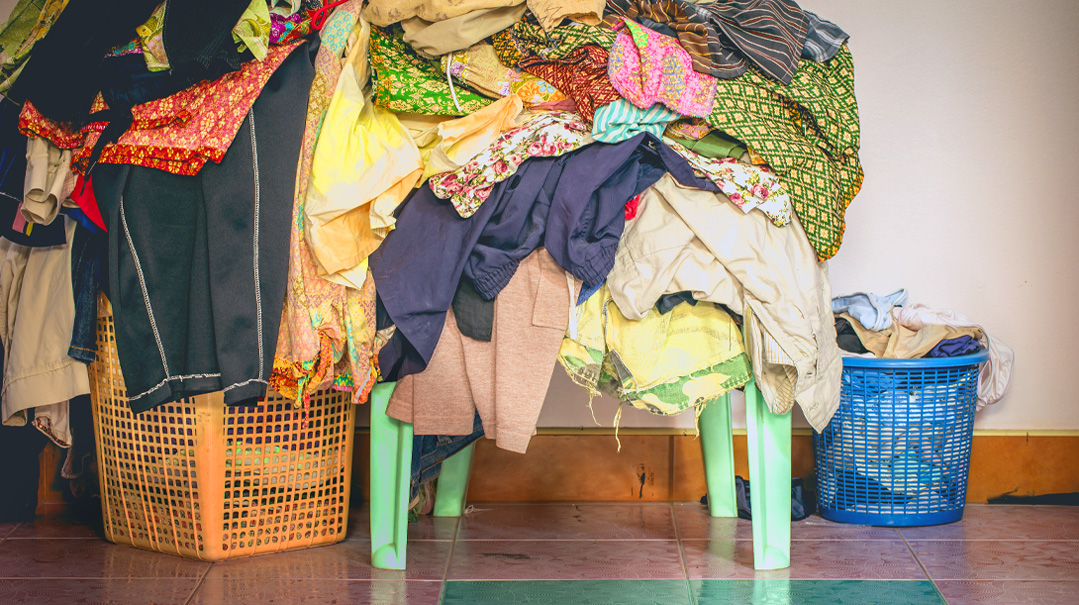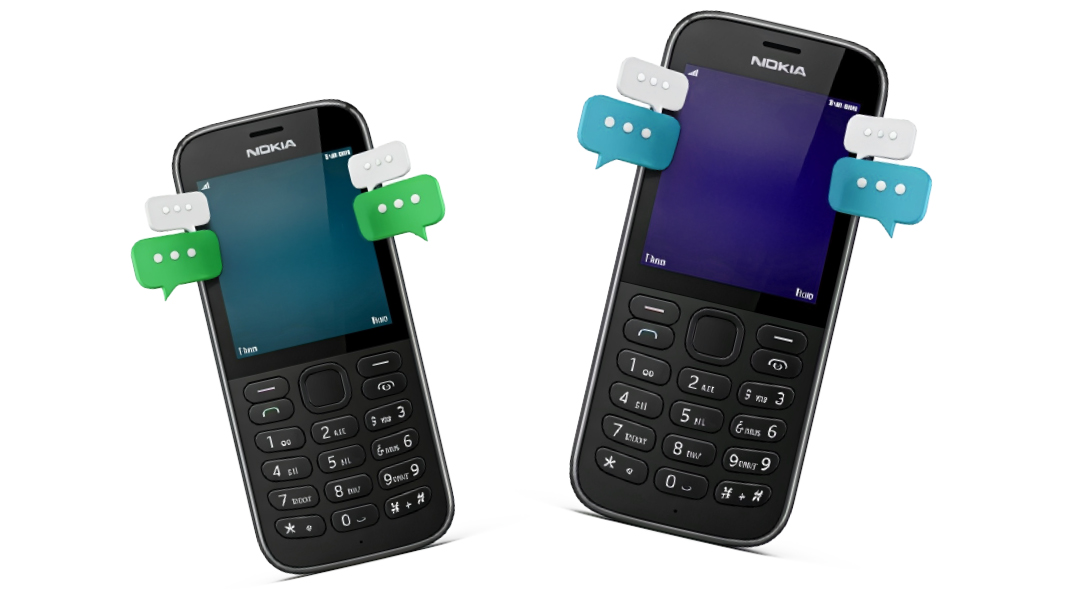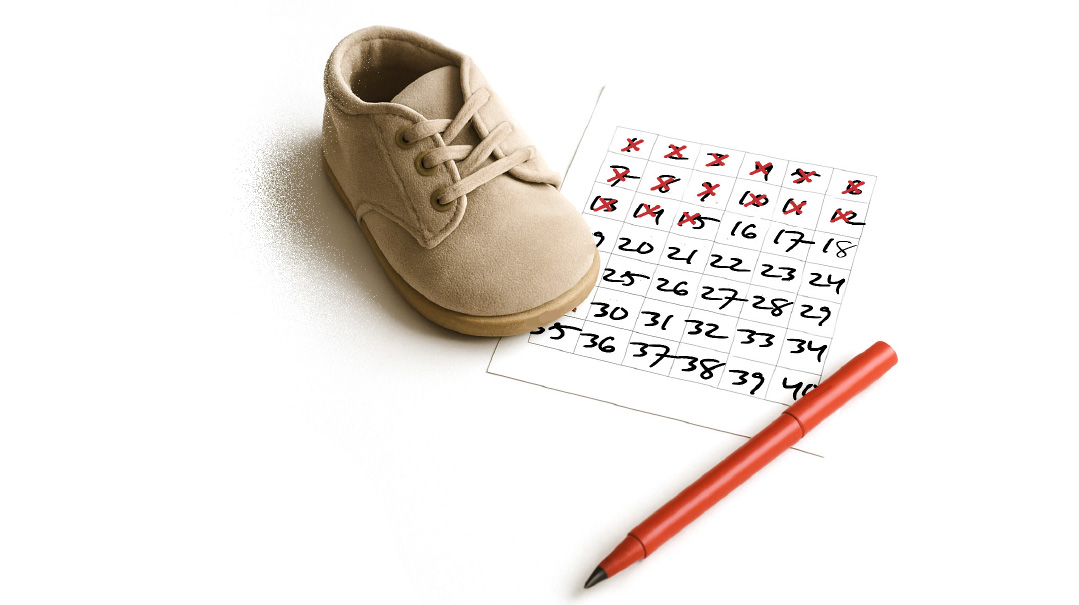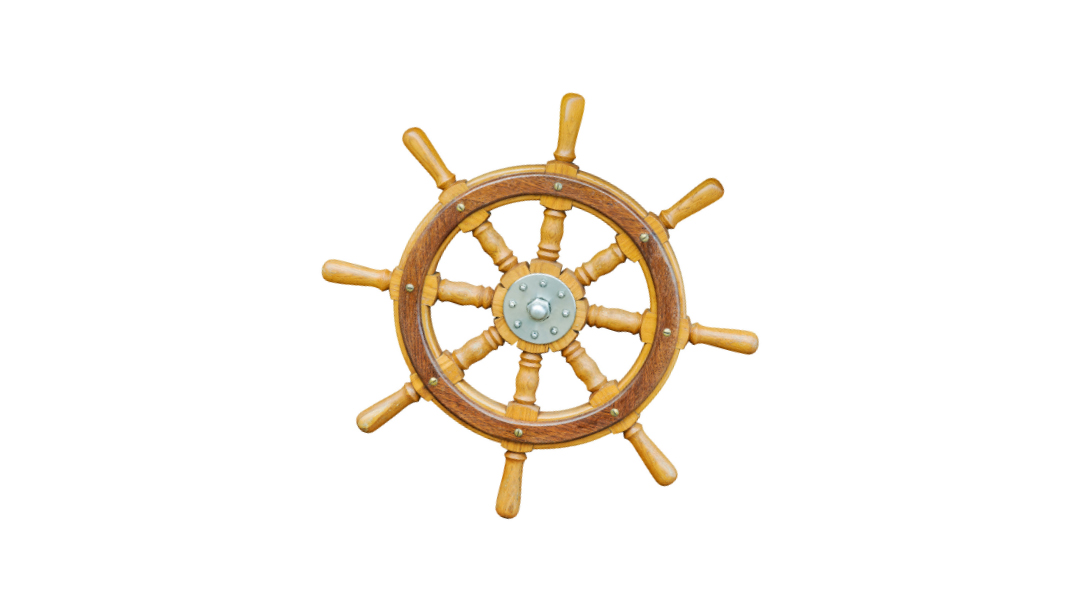Dress the Part
| February 28, 2023Whenever I asked about their childhoods, my siblings gave me a “you had to be there” look. But on Purim I could pretend I knew something about it

I
t’s almost Purim. I sit down to make a list. Mishloach manos theme — check. Invite ourselves to a seudah — check. Look up women’s Megillah times — not released yet. Costumes — oh.
I have a deep love of (read: obsession with) Purim costumes. As a kid, I had a different costume for Purim night, Purim day, the school party, and any other opportunity I could claim I was getting in the Purim spirit. I would never be caught in the same costume as someone else. (I once found out a classmate planned to come to the Purim party as an Indian — my getup — and I regrouped overnight.) My favorite Hebrew month is Adar — and it’s not because I was born then.
My costumes were not bought. Instead, each year, I would rummage around in the unoccupied bedrooms upstairs in our house, telling my mother I’d put everything back (20 years later, I haven’t). Then I’d deliberate: Should I make an 80s costume out of my sister’s high school outfits? Or maybe I could be a little schoolboy, in my brother’s old sweaters and socks. A Math Teacher — with a broken calculator, an outdated pair of glasses, and a textbook that belonged to I-don’t-know-who.
Oops! We could not locate your form.






